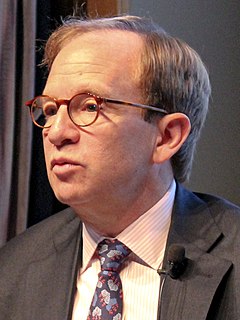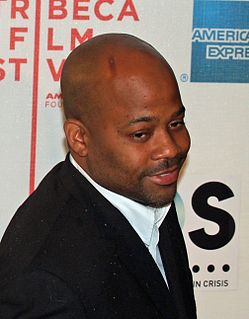A Quote by Steven Rattner
Picking winners among the many young companies seeking money is a tough business, even for the most sophisticated investors. Indeed, most professionally run venture funds lose money. For individuals, it's pure folly. Buy a lottery ticket instead. Your chance of winning is likely to be higher.
Related Quotes
If you buy all the stocks selling at or below two times earnings, you will lose money on half of them because instead of making profits they will actually lose money, but you will only lose a dollar or so a share at most. Then others will be mediocre performers. But the remaining big winners will go up and produce fabulous results and also ensure a good overall result.
I'm never gonna owe money because every time I get a dollar, I put it into another business, whether it's to buy goods or develop other companies. You don't have money; you have companies. That's one business model. That's mine. And I only associate with other people that are putting up their own money, 'cause they're the only ones that can relate.
Money is a lubricant. It lets you "slide" through life instead of having to "scrape" by. Money brings freedom-freedom to buy what you want , and freedom to do what you want with your time. Money allows you to enjoy the finer things in life as well as giving you the opportunity to help others have the necessities in life. Most of all, having money allows you not to have to spend your energy worrying about not having money.
Where you want to be is always in control, never wishing, always trading, and always first and foremost protecting your ass. That's why most people lose money as individual investors or traders because they're not focusing on losing money. They need to focus on the money that they have at risk and how much capital is at risk in any single investment they have. If everyone spent 90 percent of their time on that, not 90 percent of the time on pie-in-the-sky ideas on how much money they're going to make, then they will be incredibly successful investors.
Even fans of actively managed funds often concede that most other investors would be better off in index funds. But buoyed by abundant self-confidence, these folks aren't about to give up on actively managed funds themselves. A tad delusional? I think so. Picking the best-performing funds is 'like trying to predict the dice before you roll them down the craps table,' says an investment adviser in Boca Raton, FL. 'I can't do it. The public can't do it.'
After all, your chances of winning a lottery and of affecting an election are pretty similar. From a financial perspective, playing the lottery is a bad investment. But it's fun and relatively cheap: for the price of a ticket, you buy the right to fantasize how you'd spend the winnings - much as you get to fantasize that your vote will have some impact on policy.



































